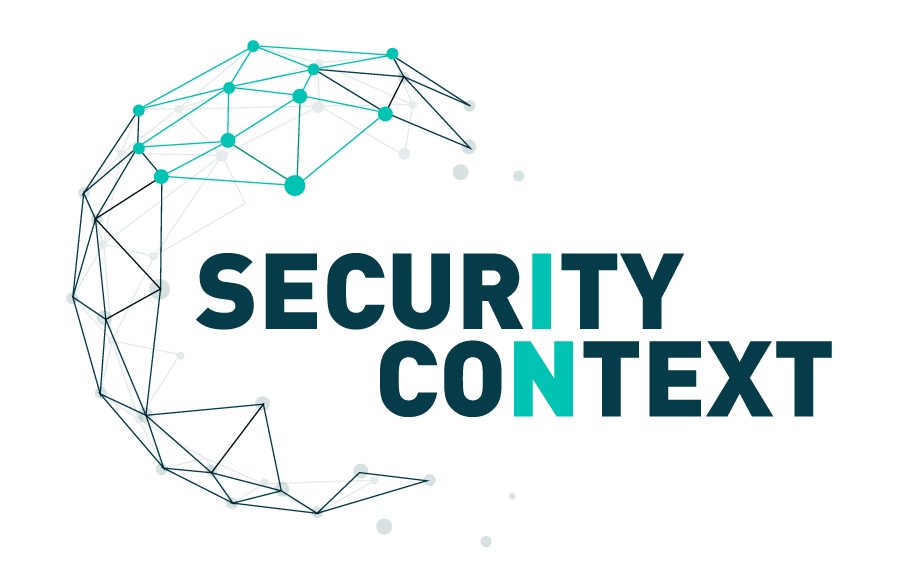War deeply impacts the experience of time for survivors. For society to prosper, the violent past, present, and future cannot be avoided. Hence, peacebuilders should stress the idea of “remember and change,” rather than forgive and forget.
The Bosnian director and writer Jasmila Zbanic says “I want to make films about today.” The Oscar-nominated filmmaker, who survived the siege of Sarajevo, adds “But in Bosnia, today is also always 25 years ago” (Leigh, 2021). Zbanic poignantly refers to a truth found in the aftermath of every war, not just those in Europe: war seems recent regardless of when it occurred. To a majority of those who lived through war, it seems to have happened just yesterday.
Mainstream western representations assert that the past, present, and future are separate. Moreover, according to these same frameworks, temporality is linear, locating the future in front and the past behind. Subsequently, suggesting the past is located in front sounds exotic, bewildering, or simply ‘backward.’
War is so forceful it upends each of these conventional understandings of time. Peace studies scholar-practitioner John Paul Lederach (2005) argues the violent past is not separate from the present or future. Instead, the violent past is alive and in front.
This experience of time felt by war survivors is not irrational. Nor can it be dismissed as the outcome of traumatic events, affecting only people suffering from psychological injury. The violent past feels alive and in front for a substantial majority of war survivors — including those who emerge from war’s psychological horrors relatively unscathed. The roots of what war does to time are found in ordinary consciousness, not in damaged psyches.
Survivors locate the violent past in front because war is important. Survivors make these important events a focus of their attention, thus locating them in front. This temporal restructuring is true of all kinds of phenomena, not just war. Research led by cognitive psychologist Daniel Casasanto shows that people mentally locate an event “where they could focus on it literally with their eyes if events in time were visible objects.” (de la Fuente et al., 2014, p. 153).
Directing attention to events is so central to consciousness that there is little need for people to comment on the process. In line with this, war survivors will typically say war seems like it was yesterday and that they will not forget it. In so doing they are stating the past is alive while implying it is in front. However they can also expressly locate the past in front, voicing Casasanto’s point. For instance, D.F. Lynch quotes a combatant commenting on a Tajik civil war experience from twenty years prior: “When we talk about wartime, everything comes to my mind, in front of my mind.” A civilian said of the same battle “Every minute is present in front of my eyes. I see what happened.” For another Tajik man, the killing of his brother by soldiers “was like a television going on in front of his eyes.”
J.P. Lederach advances a second argument about time, war, and peace: peoples seeking to emerge from protracted violent conflict use narrative to connect the distant past to the remote future, creating an expansive present, which links the creation story of their people to their future survival. This sense of time is not unrelated to the past being alive and in front, but it is nonetheless different in character and expression. The past being alive and in front is an experience of time; a survivor feels it without having to be told. However, a narrative that connects a people’s distant origins to their future survival is more conceptual and must be widely communicated and understood before it is felt.
The two strands of time identified by Lederach have numerous implications for peace practitioners and policymakers. First, these experiences and notions of time are subtle, as is the power they hold. Lederach came to recognize them after two decades of working with communities struggling to emerge from protracted violent conflict. It was their experience and insight that made him rethink his own fundamental assumptions about time, violence, and peace.
Second, policies and approaches that naïvely embed conventional understandings of time will limit their ability to transform violent conflict and build peace. Developing strategies to deal with the present and future requires addressing the past, which many mediation and conflict resolution texts fail to do.
Third, the time experienced by war survivors does not exist in a cultural or social vacuum. Cultural and religious norms can encourage people to forget the past and focus on the present. Moreover, some survivors might try to forget the violent past because they fear its reemergence. Elites and dominant cultures can suppress historic narratives they would prefer to be forgotten or ridiculed.
A fourth and related point is that war is less likely to be alive and in front for survivors who have faced postwar adversity that matches or exceeds that which they faced during war. The wartime losses they experienced will still be painful — they will not have forgotten the war. But they may not want to or even be able to give wartime events as much attention as they would have done in different circumstances. Many war survivors have other urgencies occupying their minds. The war will seem not like yesterday, but the time it actually happened.
The two strands of time elucidated by Lederach are common among war survivors, but they are not exhaustive. Anthropologist Carolyn Nordstrom argues perpetrators of violence can deliberately target a person’s future, cutting them off from their social roles and personal identity. The effects of such violence can last a lifetime. Nordstrom argues the future itself becomes “a casualty of war”, fueling further violence by people who do not see a future for themselves.
For society to prosper, the violent past cannot be avoided. Lederach asserts instead of promoting “forgive and forget”, peacebuilders should stress the idea of “remember and change”. His formulation addresses both the need to free self and society from the grip of the violent past, and to remember it so its mistakes will not be repeated.






